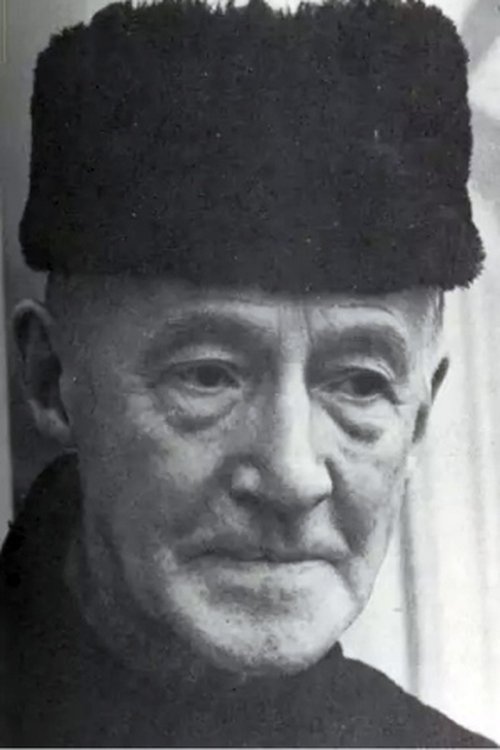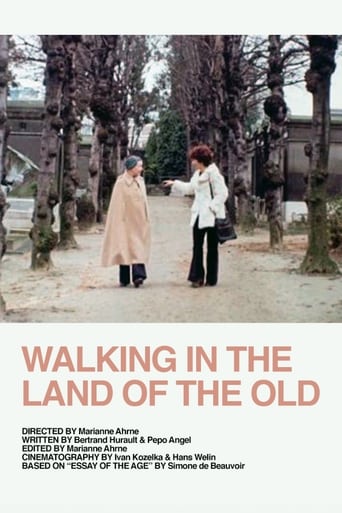
Gender
Birthday
Popularity
Marcel Jouhandeau
Marcel Jouhandeau
Gender
Birthday
Popularity
Biography
Marcel Jouhandeau (July 26, 1888 Guéret – April 7, 1979) was a French writer. Born in Guéret, Creuse, France, Marcel Jouhandeau grew up in a world of women presided over by his grandmother. Under the influence of a young woman from the Carmel of Limoges, he embraced a spiritual form of Catholicism and considered entering the orders for a time. However, in 1908 he left for Paris where he studied first at the Lycée Henri-IV, and then at the Sorbonne, where he began to write. In 1912 he became a professor at a school at Passy. In his youth, Marcel Jouhandeau began experiencing homosexual urges. Although he felt guilty and believed he was offending God, his feelings of shame did not prevent him from engaging in numerous homosexual acts. Throughout his life, Jouhandeau alternated between celebrating the male body and feeling mortified in regards to his sexuality. In 1914, during a spiritual crisis, he burned his manuscripts and attempted suicide. Once the crisis had passed, he turned again to writing. He created Pincegrain, the village chronicles that brought him his first literary success. During World War I, he was a secretary in his hometown of Guéret. In 1924, he published Pincegrain, a chronicle of the inhabitants of Guéret, which shocked the people of the town. His voyages became an opportunity to indulge in homosexuality, as he recounted in the Amateur d'imprudences. At age 40, he married a dancer, Élisabeth (Elise) Toulemont, known as Caryathis, the former mistress of Charles Dullin and an intimate friend of Jean Cocteau and Max Jacob. She hoped to rid him of his homosexual leanings. During this period he undertook a work of Christian moralism (De l'abjection) before, much to the dismay of his wife, tumbling again into the arms of men, which he wrote about in Chronique d'une passion, Eloge de la volupté and Tirésias. Nevertheless, Jouhandeau and his wife adopted a girl named Céline, who gave birth to Jouhandeau's grandson, Marc. Following Élise's death in 1971, Jouhandeau lived his last days in Rueil-Malmaison with Marc. In 1938, Jouhandeau published four anti-Semitic articles in a short volume, "Le Péril Juif" (The Jewish Peril). During the Nazi occupation of France, he accepted Goebbels' invitation to visit Germany. Source: Article "Marcel Jouhandeau" from Wikipedia in English, licensed under CC-BY-SA 3.0.


